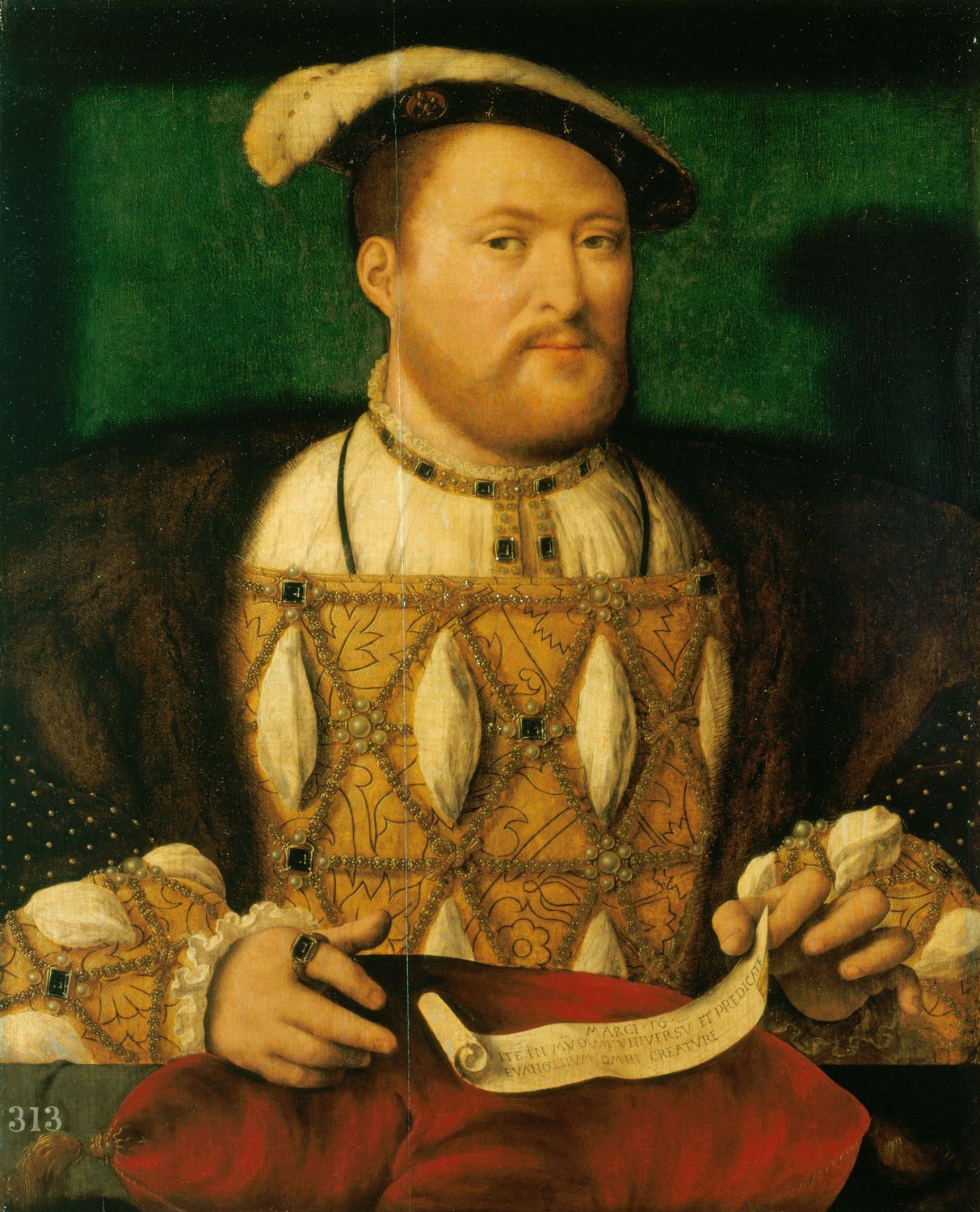Wednesday of Week 28 in Ordinary Time (Year II)
Galatians 5:18-25 | Psalm 1:1-4,6 | Luke 11:42-46
If you are led by the Spirit, no law can touch you. (Galatians 5:18)
That’s a very provocative statement in modern times. Taken at face value, one might think we’re given carte blanche to do whatever we want under the influence of the Spirit, without fearing legal repercussions.
Except, of course, that the Holy Spirit inspires us to love one another as Christ has loved us, so whatever we do under that influence is naturally pleasing to God, and should not (under normal circumstances) run afoul of any human law.
But here’s the thing: Human laws change all the time, often due to prevailing public sentiment or practice, and sometimes on a whim. King Henry VIII’s whim changed the law of the English land, and the Act of Supremacy 1534 began a dark time for the Catholic Church, forcing devout folks like St. Margaret Clitherow to practise their faith in secret.
Now, that was a rather unusual incident, and secular laws usually don’t conflict with religious doctrine. The exceptions that come immediately to mind deal with abortion and euthanasia, and even those laws don’t mandate such acts, but merely make them legal under certain circumstances.
(If a law were passed to compel those above a certain age to be euthanized, or fetuses with certain undesirable traits to be aborted, I’d like to say I would be protesting in the streets…although I honestly couldn’t guarantee it.)
Still, abortion and euthanasia do conflict with our Catholic faith, so what are we to do about it? I think that’s where we should go above and beyond the law, both secular rules and Church “law”.
What?
For many Catholics, the Catechism of the Catholic Church is the equivalent of Mosaic law, wherein is found “thou shalt/shalt not XYZ“. It’s a comfort to them that this authoritative document exists, to be pointed at whenever a question arises about “what to do/not do as Catholics”.
But all too often, this leads to a well-meaning “the Church bans abortion/suicide”…and no further. Or picketing of abortion clinics, yelling “Shame! SHAME!” at anyone who dares approach such an institution. Or “it’s Friday, so how can you eat meat? That’s a sin, you know!”
They remind me of the lawyers whom Jesus decries in today’s Gospel, who “load on men burdens that are unendurable, burdens that you yourselves do not move a finger to lift” (Luke 11:46). They may be well-intentioned, but the net effect is not compassion but condemnation. To the desperate pregnant teen or terminally-ill patient, it’s no better than yelling “Unclean! UNCLEAN!!!“
So it should not be surprising that the Catechism itself points out this misunderstanding:
The New Law is called:
a law of love because it makes us act out of the love infused by the Holy Spirit, rather than from fear;
a law of grace, because it confers the strength of grace to act, by means of faith and the sacraments;
a law of freedom, because it sets us free from the ritual and juridical observances of the Old Law, inclines us to act spontaneously by the prompting of charity and, finally,
lets us pass from the condition of a servant who “does not know what his master is doing” to that of a friend of Christ – “For all that I have heard from my Father I have made known to you” – or even to the status of son and heir. (CCC 1972)
With the Spirit, it has always been, and always will be, all about love for thy neighbor. Jesus Himself said, “I give you a new commandment: love one another; just as I have loved you, you also must love one another.” (John 13:34)
Beating someone over the head with a righteous stick in the service of “tough love”, regardless of motive, really stretches the definition.
So instead of quoting Catechism chapter-and-verse at them, why not take the time to journey with them, share their burdens and worries in compassionate communion, and help them “lift their unendurable burdens” and find another way, one that turns them towards God rather than away?
It can be hard, and certainly time-consuming, but I think we also could learn something worthwhile about ourselves in the process, and it would mean spending time with those whom Jesus would have us call “friend”. Otherwise, we’d be doing exactly what the Pharisees and Mosaic lawyers were accused of: obeying the letter of the law, but not the Spirit.
I think one of my favorite communion songs says it best: “Do it in love for Me.”
Remember, brothers and sisters: Life is an adventure in God’s love, not a game of Top Trumps.
Amen.
